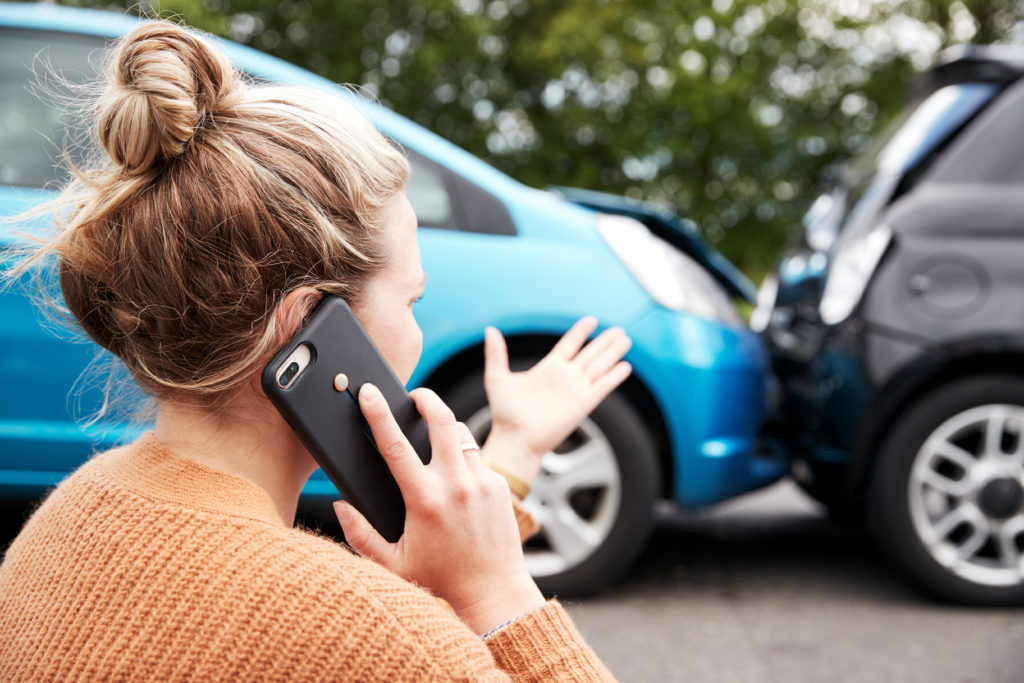 You have had a car accident and called the police. What happens after the police arrive?
You have had a car accident and called the police. What happens after the police arrive?
You will be asked to show the current registration for your car, a valid driver’s license, and proof that the car is insured. The police officer will ask you questions. Try to remain calm.
Be sure to mention to the investigating officer if you notice any erratic behavior from the other driver, including if you notice the other driver appears intoxicated or you smell alcohol on him or her.
Make sure the police officer notes in the report that you were wearing your seat belt. You will probably be asked if you had it on as part of the report procedure. If you noticed the other driver was not wearing a seat belt, mention this to the investigating officer.
Make a note of the investigating officer’s name, badge number and whether he or she is a city police officer, state police or parish/county sheriff’s deputy. Ask for a report or case number and where and when you can pick up a copy of the report. Be polite at all times.
If the police officer issues a citation to any driver, this does not assign the blame for the accident. The investigating officer is only giving his opinion as to what happened and whose fault he or she thinks it was. The officer still has to convince a judge or jury that the ticket was justified if the driver does not plead guilty. The ticket has no bearing on your case. The same result occurs if you are ticketed; the ticket is not proof that you caused the accident.
Do not admit fault for the accident to anyone. Do not tell anyone how much insurance you carry. Do not sign anything. (You will have to sign the citation if you are issued a traffic ticket by the investigating officer. This signature is not an admission of guilt; you are merely acknowledging that you received the ticket.)
If possible, take photos of the scene and get the names and addresses of all witnesses.
You should notify your insurance carrier as soon as you can. The sooner they can begin processing your claim, the smoother the process can be.
If you believe you are injured, it is important to get medical treatment right after an auto accident. Claims for personal injuries may be contingent on medical records linking the auto accident to the injuries received. The longer you wait to get treated, the more difficult it may be to prove the connection.
If you or a loved one has been involved in a serious auto accident, the best way to protect yourself is to speak with a qualified attorney about your legal rights and options.
While lawsuits are not always necessary after an accident, they are often one of the only recourses available to fairly compensate a person who has been seriously injured in an auto accident.









